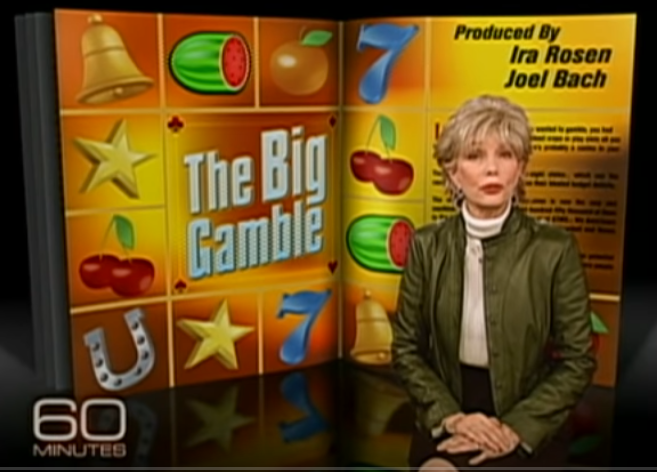As gambling companies further intensify their ongoing barrage of sports gambling ads targeted at the American people, we recently hosted a national panel on what you need to know about the massive wave of sports gambling advertising and promotions spreading across the U.S.
Above is the video to watch our important national event “America’s New Storm of Gambling Advertising: A Threat to Public Health” from earlier this year. It featured Mark A. Gottlieb, executive director of the Public Health Advocacy Institute at Northeastern University School of Law, and Harry Levant, Director of Education for Stop Predatory Gambling.
Mark and Harry powerfully revealed the truth about what is really happening in our communities and across our country. After you watch it, we strongly urge you to share the video on your email list and and your social media networks, inviting people to learn for themselves how serious the problem of predatory gambling has become.
We also strongly encourage you to share the video with every local, state, and federal official in your region, along with members of the local and state media.
The full video is posted to our YouTube channel and can be watched here: https://youtu.be/12FtoYCE9jU
We also put the panel into four smaller parts if you can’t watch the whole thing all at once.
PART I: https://www.youtube.com/watch?v=uEVyikeJfJs
PART II: https://youtu.be/UgyIcxIw-u0
PART III: https://youtu.be/wP1YUTpfdM0
PART IV: https://youtu.be/YQf9-xMMF7k
About the Speakers:
Mark A. Gottlieb is the executive director of the Public Health Advocacy Institute at Northeastern University School of Law, where he is also a lecturer and clinical instructor. Mark has focused his research and advocacy on tobacco litigation as a public health strategy for most of his career. His article, “Casinos: An Addiction Industry in the Mold of Tobacco and Opioid Drugs” (co-authored with Daynard and Friedman) was recently published in the University of Illinois Law Review. You can read his article here.
Harry Levant is the Director of Education for Stop Predatory Gambling and a public health advocate from Philadelphia. A gambling addict in recovery who made his last bet on April 27, 2014, Levant is dedicating his professional work to helping people and families to overcome struggles with gambling addiction and other substance disorders. In his role as an advocate, Levant will graduate from La Salle University with a Masters in Professional Counseling in May 2022. He is a member of numerous professional organizations including Chi Sigma Iota National Honor Society for Counselors, the American Counseling Association, the Pennsylvania Counseling Association, and Lawyers Concerned for Lawyers of Pennsylvania. He also earned a law degree from Temple University Law School.
Moderator: Les Bernal is National Director for Stop Predatory Gambling. Stop Predatory Gambling believes people are worth more than money. A 501c3 non-profit based in Washington, DC, its members work to reveal the truth behind commercialized gambling operators to prevent more victims.
It is only because of the selfless financial generosity of our members that we are able to fund important events like this national webinar. If you support our mission to reveal the truth behind commercialized gambling operators to prevent more victims, please become a member of our national network by making a gift of any size you can afford today.
Thank you.


